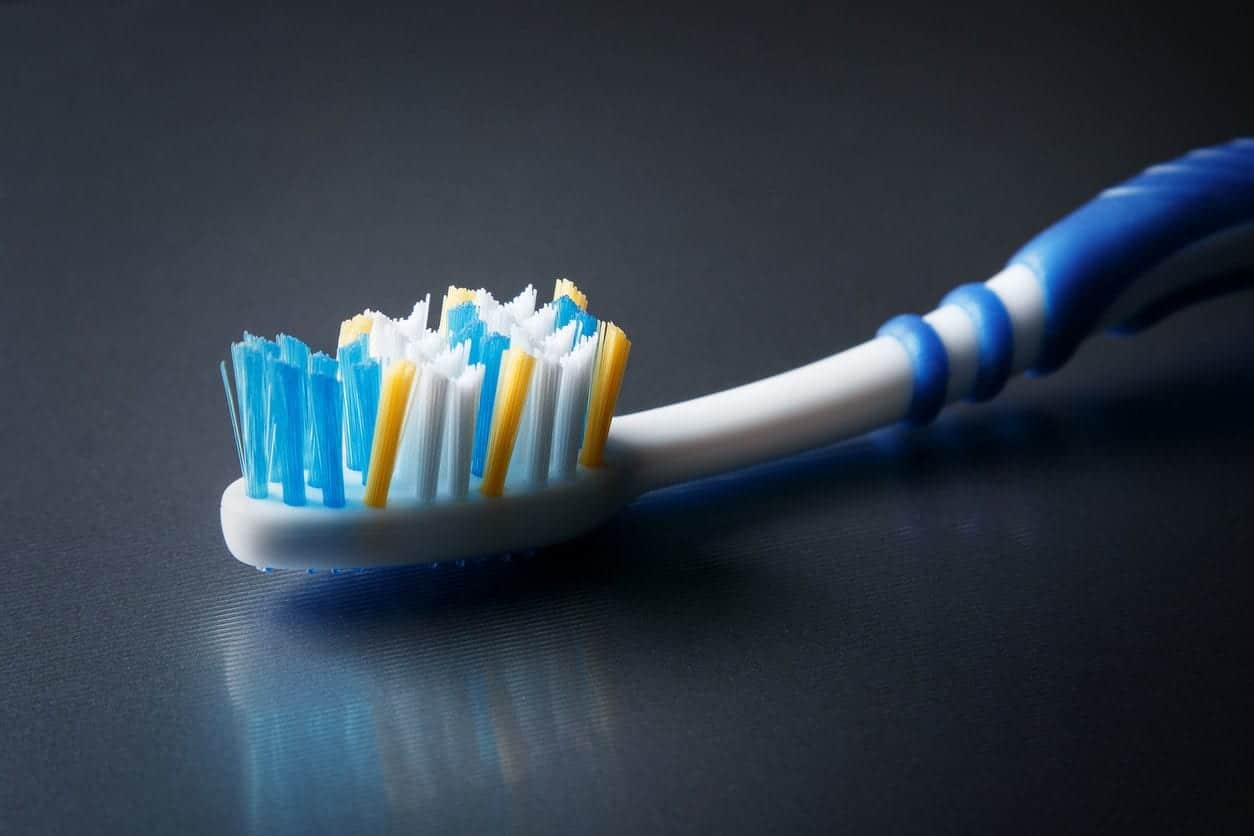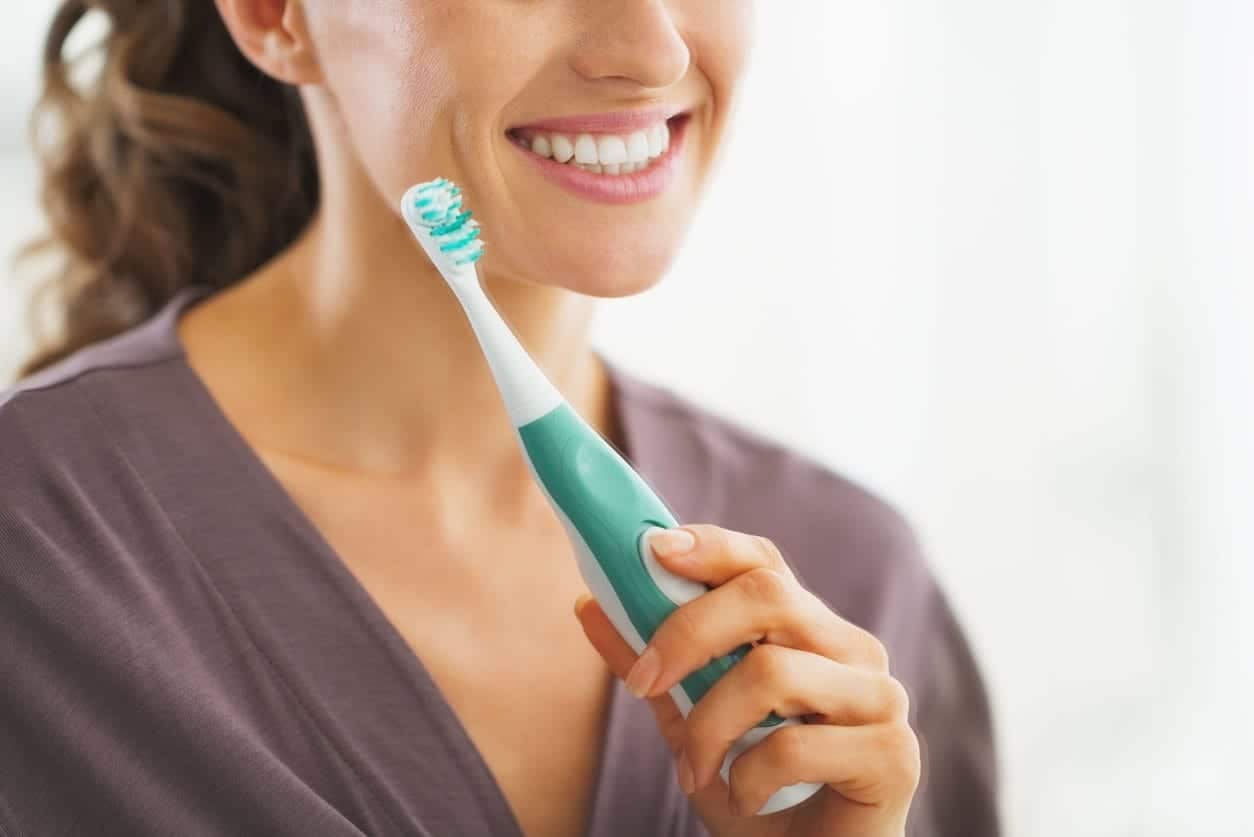
You’ve probably seen commercials extolling the virtues of specific toothbrushes, but is buying an expensive toothbrush really going to improve your smile? Is there a “best brand”? How different can each toothbrush really be?
In reality, there isn’t much of a difference between the various toothbrush brands, and it doesn’t even matter all that much whether the toothbrush is electric or not. The next time you have to pick out a new toothbrush, just use this very simple guide.
Keep It Simple, Keep It Soft
The two main types of traditional toothbrushes are soft-bristled and hard-bristled brushes. Which type is the best? The answer is pretty universal: soft bristled toothbrushes will properly clean most teeth and prevent damage.
Hard-bristled toothbrushes are pretty hard to find anyway, because the research almost unanimously favors soft bristles. While hard bristles can remove slightly more plaque than a soft-bristled brush, they pose a risk for causing gum and enamel damage down the road, especially if you are brushing with more force than recommended.
Patients with sensitive teeth should even try to look for extra-soft bristle toothbrushes. Extra-soft bristles pose the least amount of threat against the enamel (outer layer) of the teeth.
Soft-bristled toothbrushes are also the best choice for patients who have had veneers or crowns placed in their mouth. These tooth replacements or caps usually are made out of ceramic and porcelain. While these materials are great for biting and eating, they can be scratched if brushed with an especially hard toothbrush.
If you have dentures, there are denture brushes that may be recommended by your dentist, but these work similarly to other soft-bristled toothbrushes: they are designed to keep the porcelain from scratching.
For Those Who Need a Little More Power

Here’s another, newer, debate: electric or traditional toothbrush? Electric toothbrushes are pretty hip right now, but are they worth the cost? Not only do you have to buy the brush and the charger (or the batteries), you also have to pay to replace the head of the brush every few months.
Quite honestly, a traditional is probably perfectly fine for anyone who is able to thoroughly brush their teeth throughout the day and floss at night. If, however, you suffer from arthritis in the wrists or have simply trouble using enough force to brush, an electric toothbrush can help to get to all areas of your mouth.
Conclusion: It’s Less about the Brush Itself, and More about How You Brush
While there are specialty brushes available for people with different kinds of teeth or abilities to brush, your toothbrush isn’t necessarily what matters: it’s how you brush your teeth that matters.
More problems arise from lazy brushers than from low-quality toothbrushes. In other words, you could buy the most amazing brush out there, but if you are a lackadaisical brusher, your teeth and gums will continue to suffer.
So what should you do?
First off, brush at least once a day if you can, and preferably after every meal. When you do brush, make sure that you reach every part of your mouth: gums, both sides of your teeth, your tongue, and so on. Be gentle while you brush. If you want to be sure you got all of the harmful bacteria floating around your mouth, floss or gargle some mouthwash after brushing.
Bottom line? Keep it simple, know your mouth, and know yourself.
If you’d like to learn more about the proper toothpaste to buy, read our previous blog post on what matters when picking toothpaste. For more information about dental hygiene and how you can keep your smile looking healthy, contact our South Florida dental office.






